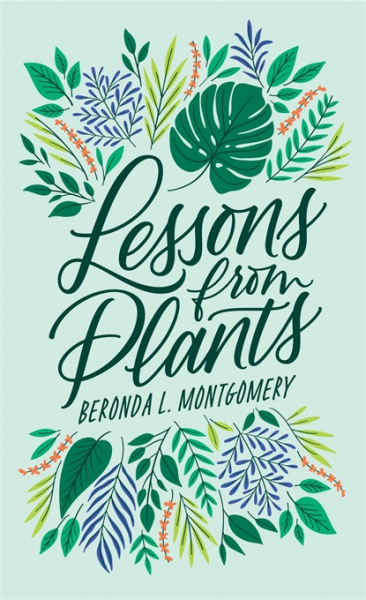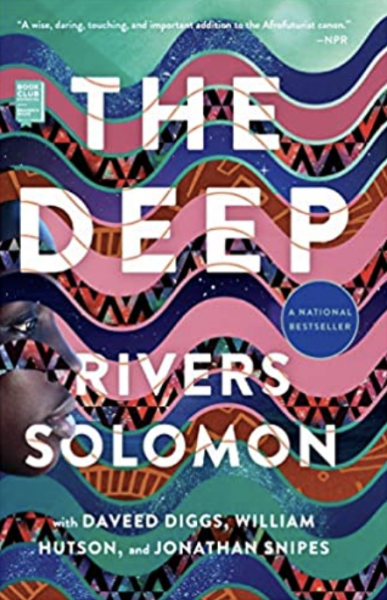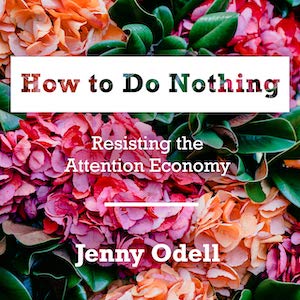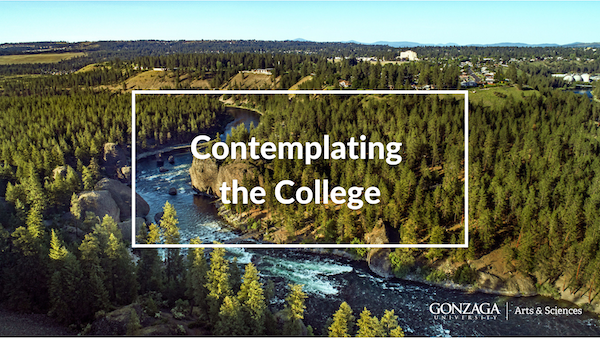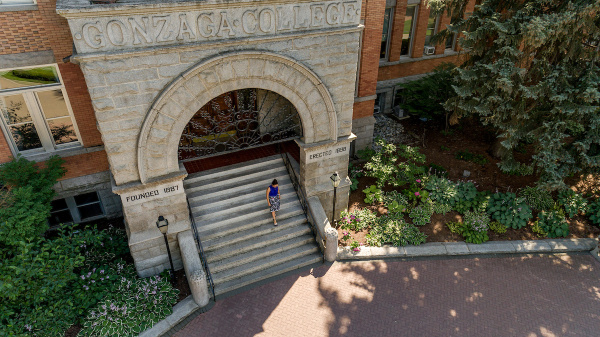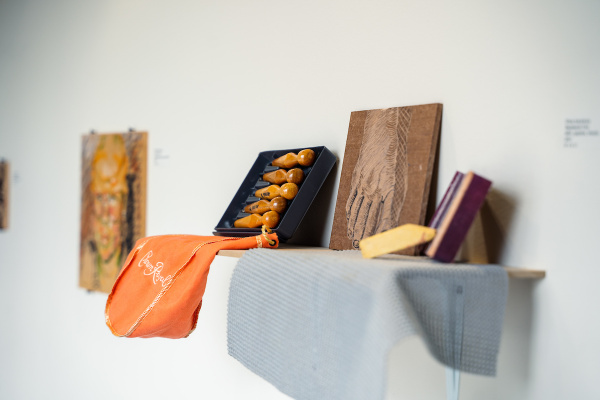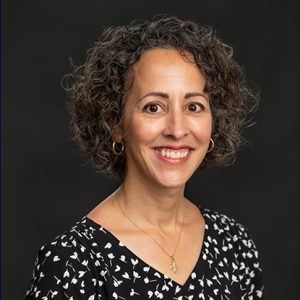I recently returned from a weeklong vacation driving around the Cascades Loop, my first vacation away from home since the pandemic hit. I’ve enjoyed exploring Spokane this year and a half, but exploring a little more of Washington state was a treat: mountains, rivers, lakes, the sea. I didn’t realize how much my family and I needed this vacation until we set off—even my son (who is a homebody) was excited to set out on our adventure.
Something I (re)learned on this trip is that I don’t need to be “always-on,” always trying to fix everything immediately. It is easy to fall into a pattern where everything is seen as equally important and urgent when we don’t step away occasionally. If we don’t take that time, we burn out, as many people experienced during this last year and a half.
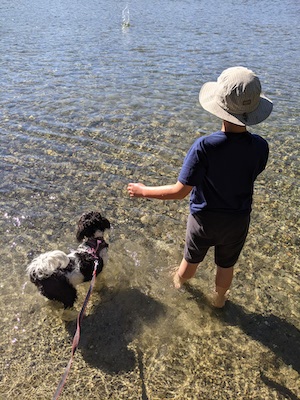
Now don’t get me wrong, gaining perspective on work does not mean that I will slack off in my deanly duties. On the contrary, I am more committed to creating space to think and to be, which I know supports my creativity, leadership, and decision-making on the job and at home. In fact, St. Ignatius of Loyola, the founder of the Jesuits, speaks to the importance of rest and self-care in discerning the next right step forward. It’s something I usually take to heart as a trained spiritual director. But the non-stop activity and the never-ending stream of decisions to be made fatigued me and “made me” forget. Maybe this is true for you too.
Gratitude for the Gift of Time
I acknowledge that being able even to take a vacation is a privilege that not everyone has. Growing up, my parents had to plan around my dad’s bus driving schedule, his limited vacation days, and their budget for one annual family vacation, which often involved visiting and staying with family members. Some individuals and families are not even that fortunate. And even if we are granted vacation time, there may be reasons we can’t take it when we want. But carving out time to read and write, make or listen to music, create or view art, enjoy nature, exercise, visit with others (if you feel safe to do so) are like mini-vacations that can support a healthy outlook. If you are privileged to have days, hours, or even minutes when you’re technically off the clock, reverence that time as a gift from the Creator, a blessing to refresh your spirit.
Beside restful waters he leads me;
He refreshes my soul
psalm 23
My hope for this summer is that all of us, students and families, staff and faculty, and alumni and friends, can carve out some time to refresh, restore and rejuvenate, in whatever way we can.

